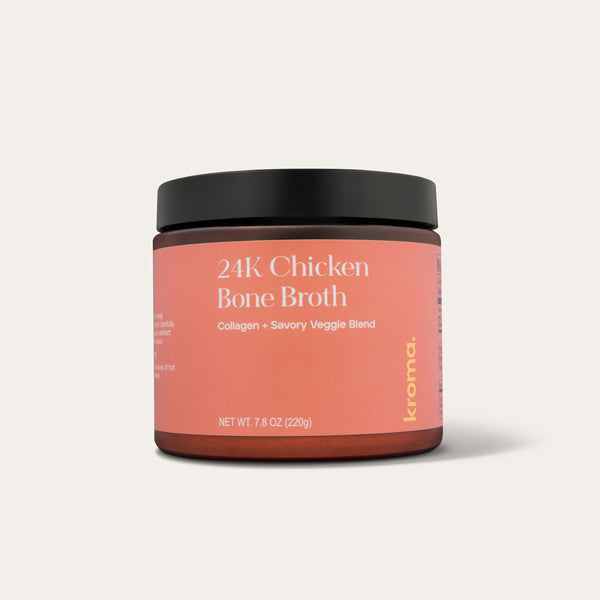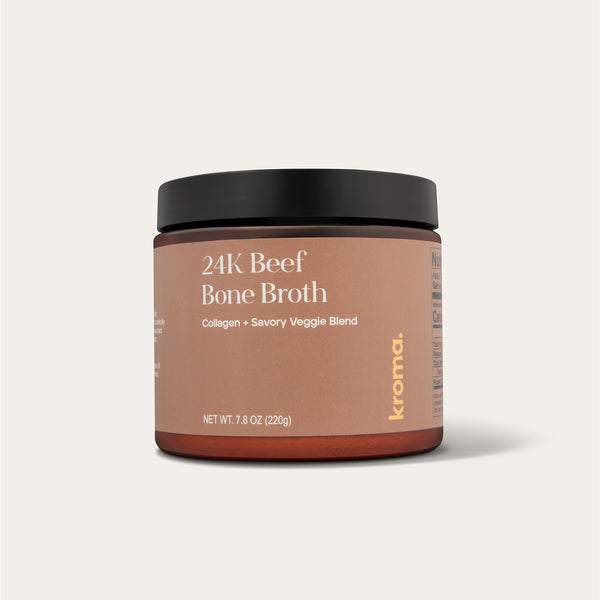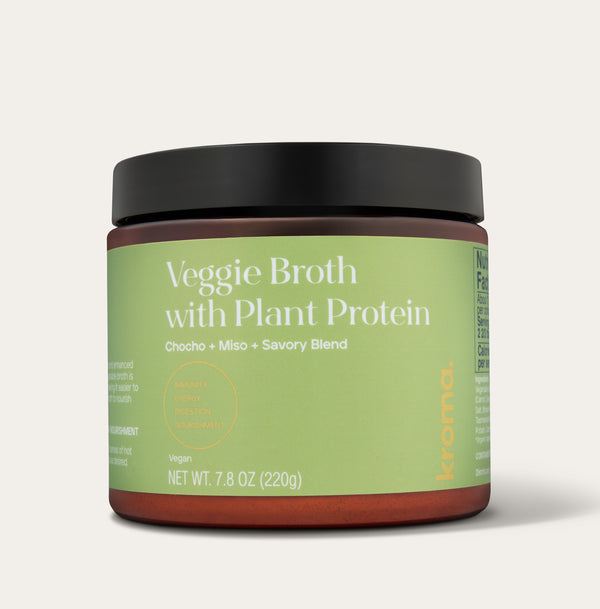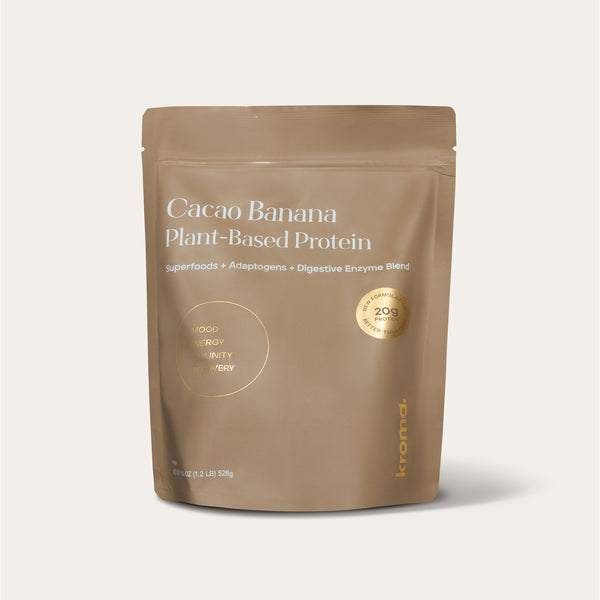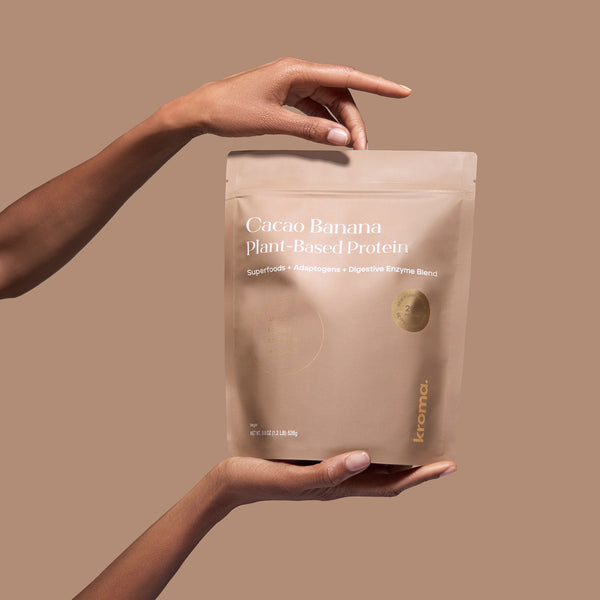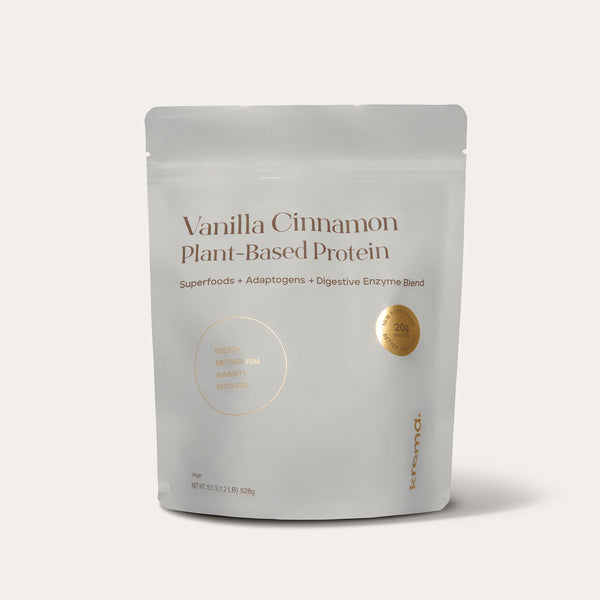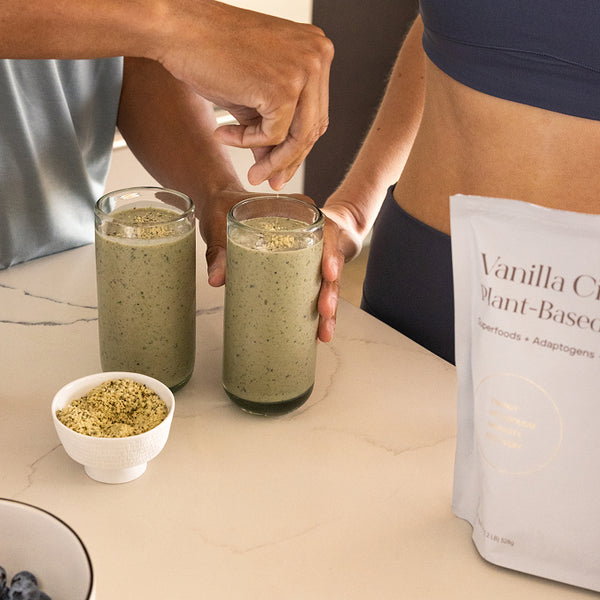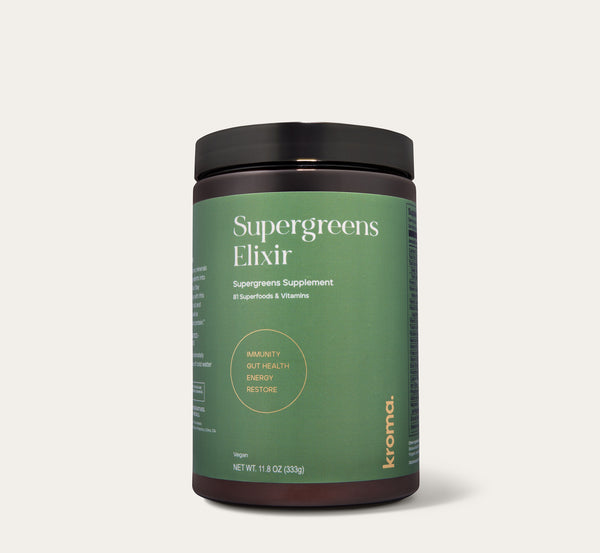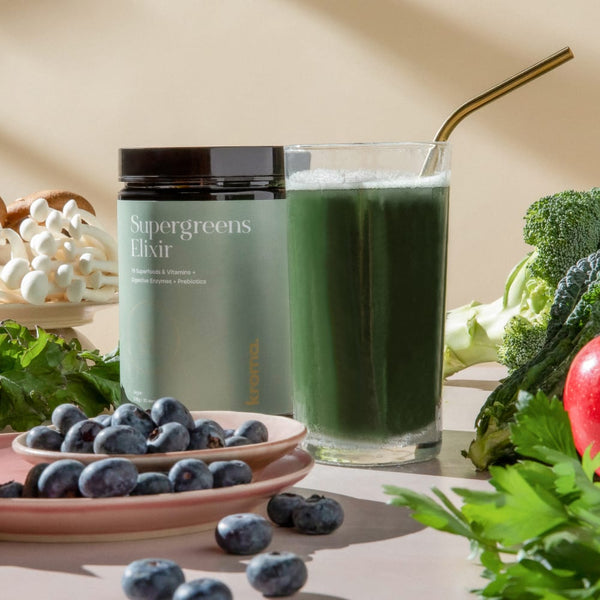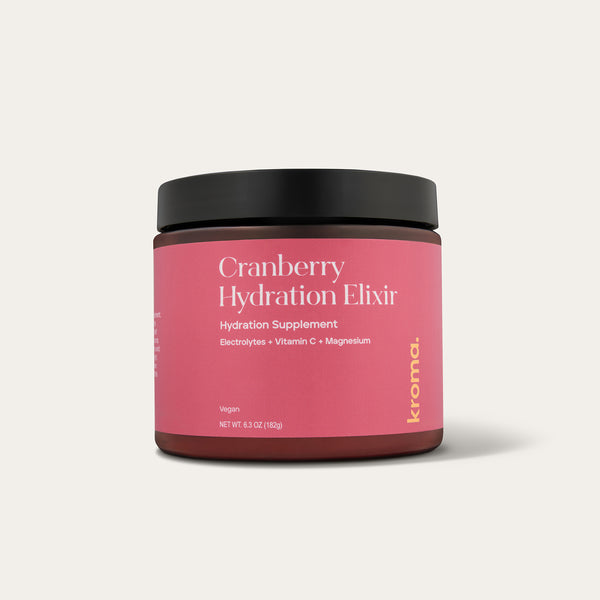Are you experiencing unpleasant gastrointestinal issues like bloating? Perhaps you are feeling a bit more anxious lately than normal. If that’s the case, you may want to pay more attention to your gut and incorporate ways to improve your gut health.
Overall human health, including physical and mental health, starts with gut health. Supporting your gut is not hard, but it does take consistency to see changes to your overall health. Here are eight tips to improve your gut health:
Why Is Gut Health Important?
The gut isn’t always the first thing we think of as the most important part of the body. Some may say the brain, heart, or lungs are the most important, but, without the gut, how would those organs get the nutrients they need in order to function? The gut is responsible for breaking down the food we eat and absorbing the nutrients from the food into the body.
The nutrients absorbed in the gut are sent out to other areas of the body to provide energy and hormones. A healthy gut supports the health of the heart, brain, skin, and all other organs in the body. The guts also accounts for 70% of your immune system. Improving gut health can soothe inflammation, ease constipation, and even protect against bad bacteria and certain viruses.
The Mind-Gut Connection
One area the gut has a direct impact on is the mind. For a long time, we’ve known that the brain can cause physical sensations in the gut, like getting butterflies in your stomach when you are nervous or excited.
Now, research has shown that this connection works both ways. The balance of healthy bacteria in the gut may have a direct impact on anxiety and depression.
How Can I Improve My Gut Health?
As the health of your gut is so important to your overall health, it is vital to give it the support it needs. Luckily, there are many ways to support your gut health, from the foods you eat to making healthy lifestyle changes.
You may be wondering if your gut needs more support. While the tips listed below are always good for maintaining a balanced gut, some signs of an unhealthy gut include constipation, loose stools, nausea, heartburn, bloating, and abdominal pain.
If you notice that something seems off, it may be worth trying out one of these methods and taking your gut health into your own hands.
1. Try Bone or Veggie Broth

Nutrient-dense bone broth and veggie broth can help support gut health. These broths both contain vitamins and minerals that support the gut, like B vitamins, vitamin C, zinc, magnesium, and iron. The biggest difference between the two types of broth is that bone broth has collagen in it, while veggie broth has nutrients to support the body’s ability to create its own collagen.
Collagen may help heal the gut lining. When the lining of the gut is strong, the gut is better able to break down and absorb the nutrients in the foods you eat. A strong gut lining also helps keep the food within the digestive tract.
2. Eat Fermented Foods

The gut is home to more than 100,000 trillion microbes, including viruses and bacteria that live within the gut. There is good bacteria and bad bacteria. Fermented foods are loaded with probiotics, aka good bacteria. When you eat fermented foods like kimchi, sauerkraut, kefir, yogurt, and fresh miso, it adds to the gut bacteria and can help balance out the gut microbiome.
Fermented foods are usually safe for most people to eat, but they can cause uncomfortable bloating in higher quantities. They can also cause headaches because they may contain tyramine and histamine, causing an allergic reaction in a select population of people. Most people have enzymes that will break down tyramine and histamines, but for others it can cause severe symptoms.
If you’re unsure of what is causing your gut challenges, proceed with caution when it comes to this tip.
3. Diversify Your Diet

It is essential to give your gut a wide variety of foods, and maintaining a whole food diet is key. Focus on foods like vegetables, whole grains, fruits, and legumes. A diverse diet will provide your gut, and, in turn, your whole body, the nutrients it needs.
Besides the vitamins and minerals in a diverse whole food diet, the gut also needs prebiotics. Prebiotics are a special type of fiber that feeds the good bacteria in the gut. The following are all good sources of prebiotics:
- Bananas
- Onions
- Garlic
- Leeks
- Asparagus
- Chickpeas
- Lentils
One way to diversify your diet is by incorporating smoothies into your day. You can add fruits and veggies to your smoothie to give your gut a boost of nutrients while also boosting the flavor. Adding foods that are high in prebiotics and probiotics, like coconut yogurt, can help balance the microbiome.
4. De-Stress
Stress can seriously affect the mind-gut connection. When you are stressed, it can negatively affect the microbiome. This can cause bloating, diarrhea, or constipation. If you have chronic stress, it may cause irritable bowel syndrome.
Stress does a number on your body and your gut. The key is to find healthy ways to practice stress management. Practicing relaxation techniques like meditation, yoga, and breathing exercises can all help reduce your stress. Stress is a normal part of life, so having the tools to handle your stress without it taking a toll on your gut is important.
5. Take Probiotic Supplements
While you can get probiotics from foods, specifically fermented foods, you can also get them from supplements. There are many types of probiotics on the market, and what works for one person may not work for the next. Much like with getting probiotics from food, it’s best if you know exactly what’s going on with your gut health before trying out probiotic supplements.
Before you choose a probiotic, you may want to speak to your doctor to see if they have a specific recommendation for you and your health needs, as there are different probiotics that support different aspects of health.
6. Take Digestive Enzymes

Digestive enzymes help the body break down food and pull out nutrients during digestion. You have naturally occurring digestive enzymes in the mouth, stomach, and intestines. You can also get digestive enzymes from the foods you eat, like avocados, ginger, honey, mangos, kiwis, and pineapples.
You can also take a digestive enzyme supplement. There are many supplements available over the counter. Your doctor may also prescribe you a digestive enzyme if they think you need something more specific, like for irritable bowel syndrome or low stomach acid.
7. Drink Less Alcohol and Drink More Water

Alcohol isn’t great for your body. The occasional celebratory glass of champagne or glass of wine during a girls’ night out won’t send all your hard work on your health down the drain, but excess alcohol can be damaging to your gut health. Alcohol can cause a reduction of digestive enzymes and can cause inflammation in the gut.
Try increasing your water intake during the day to help support your gut health. By staying hydrated, it keeps everything flowing properly through your digestive tract. Water should be the main source of hydration, but fresh juices and smoothies can also count towards your hydration.
8. Exercise Regularly
Exercise is beneficial for your overall health, but one area you may not think about when you are working out is your gut. Exercise can help increase the good bacteria in the gut. However, your exercise routine does not have to be over the top, especially if you are new to exercising.
Start by adding small changes of more movement to your lifestyle. Even going on a 10-minute walk after each meal can help. You can slowly start adding in more exercise as you can.
Try out a new workout class in the local gym or at home on YouTube. Find something that you enjoy doing. The more you like your exercise routine, the more likely you are to keep up with it.
When Will I Notice the Benefits of a Balanced Gut?
For those who do the Kroma Reset, some have seen improvement in as little as just three days.
That said, it ultimately depends on where you started and how consistent you were with supporting your gut, but there are signs that show your gut is getting more balanced.
When your gut is balanced, you won’t see constipation, diarrhea, bloating, abdominal pain, or nausea; you’ll find that you have more consistent bowel movements and better energy levels and mood, among other benefits!
The Bottom Line

Gut health is important for overall health. Incorporating our tips for improving the gut can help increase the good bacteria in the gut microbiome and decrease the bad bacteria. Your gut health has a lot to do with what you put in your body. Focus on foods that support your gut. It is also important to stay hydrated, reduce your stress, and exercise regularly.
At Kroma Wellness, our goal is to bring you the most nutritious and delicious foods. Our 5-Day Reset is a great place to start for improving your gut. You will find broths, elixirs, and porridge that all support gut health!
If you want to boost immunity, look to the gut | UCLA Health Connect
4 Fast Facts about the Gut-Brain Connection | NCCIH
What is 'gut health' and why is it important? | UC Davis
Introduction to the human gut microbiota | NCBI
One Health, Fermented Foods, and Gut Microbiota | PubMed
Alcohol and Gut-Derived Inflammation | NCBI
Exercise Modifies the Gut Microbiota with Positive Health Effects | NCBI






